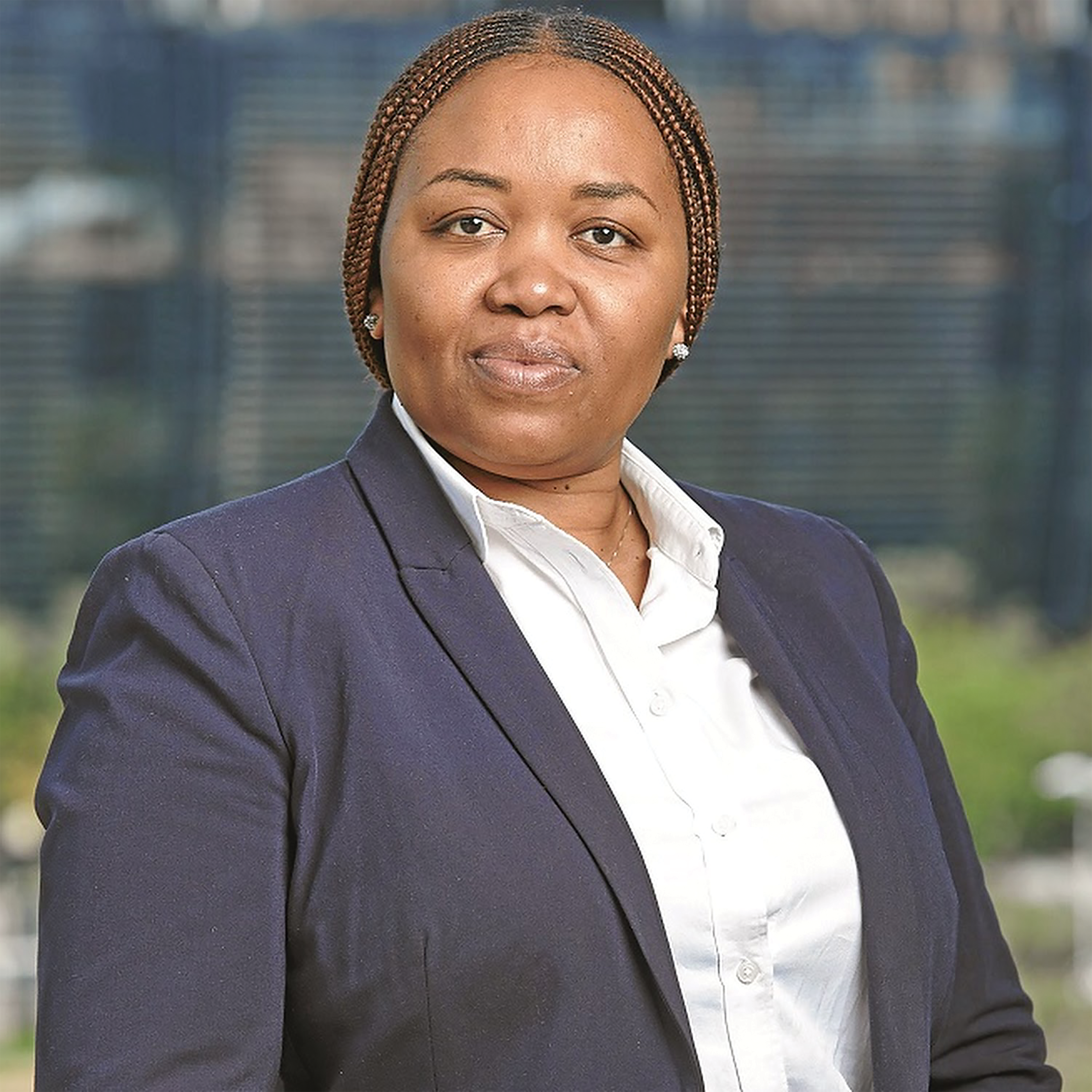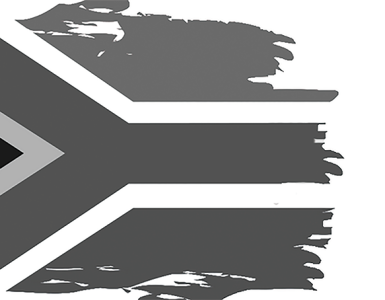Budget: Drawing a monthly budget helps in controlling your expenses
By Isaac Moledi
For some people, financial freedom means being able to pay the bills with money left over each month or having a fully funded emergency account.
For others, it means retiring and enjoying the opportunity to travel extensively. Although achieving financial freedom can be a daunting task, especially in the face of the current economic turmoil and growing debt among consumers, financial experts believe that with discipline and careful planning, it is possible to achieve financial freedom.
According to Metropolitan, regardless of how you define financial freedom or what financial troubles you have today, there’s always a way to get back on track. The company’s Chief Marketing Officer, Tlalane Ntuli, shares tips to kickstart a journey towards financial freedom.
Review your financial status.
To know where you are going you need to know where you are coming from. The first step towards realising your financial goals is to reflect on your current financial standing and what are some of the traits that have landed you in the situation you’re in. “Keep the good ones and work on the not-so-good ones.”
“Reviewing your financial situation helps you to have a realistic look at where you are and what you need to get to where you need to be.”
Start drawing up a monthly budget.
Knowing where your money is going each month is a critical step. Ultimately, you need to reach a stage where you are in full control of your finances and drawing up a monthly budget will help you achieve this. “A budget is a simple process that gives you an instant indication of what you are spending your money on, helping you to identify where you can cut costs and how you can start saving.”
Although many people say they’ll start a savings plan but they never commit to a date. “By having and committing to a monthly budget, you can start working towards a savings plan.”
Consumers should use the free budgeting tools or templates available or speak to an accredited financial adviser for an advice.
Plan for the unexpected.
If the past two years have taught us anything, it’s that life can be unpredictable and it is therefore extremely important to plan for the unexpected. Having a savings fund for those rainy days can be helpful for situations you didn’t see coming. For the medium term, save something each month towards an emergency fund. This will avoid you having to go into debt if unexpected situations strike. “Ideally, emergency savings should be kept in a separate account to discourage you from dipping into it. Instead of saving your money in a savings account at the bank, why not explore the option of investing in a unit trust account?”
Now consider your long-term goals.
“Saving money for retirement should be one of your long-term savings goals. It’s a fact that by starting to save early, you have a longer period in which to invest. Such investments help you plan for the future and ensure you have enough to achieve your long-term financial goals. The earlier you start the better.”
Get the right information.
Quoting the saying, when we know better we do better, Ntuli says you must have the right information on hand and create a plan that fits your needs and your pocket. You can do this by speaking to an accredited financial advisor. “Financial freedom can help you take ownership of your finances and, more importantly, your life. It’s about living within your means and making sure that money is spent on things you really need and working towards achieving your financial goals.
Follow these tips and you’ll be closer to achieving the financial freedom you deserve,” says Ntuli.
Published on the 52th Edition. Get E-Copy


































